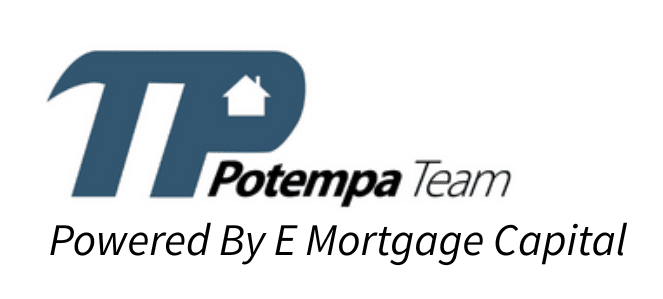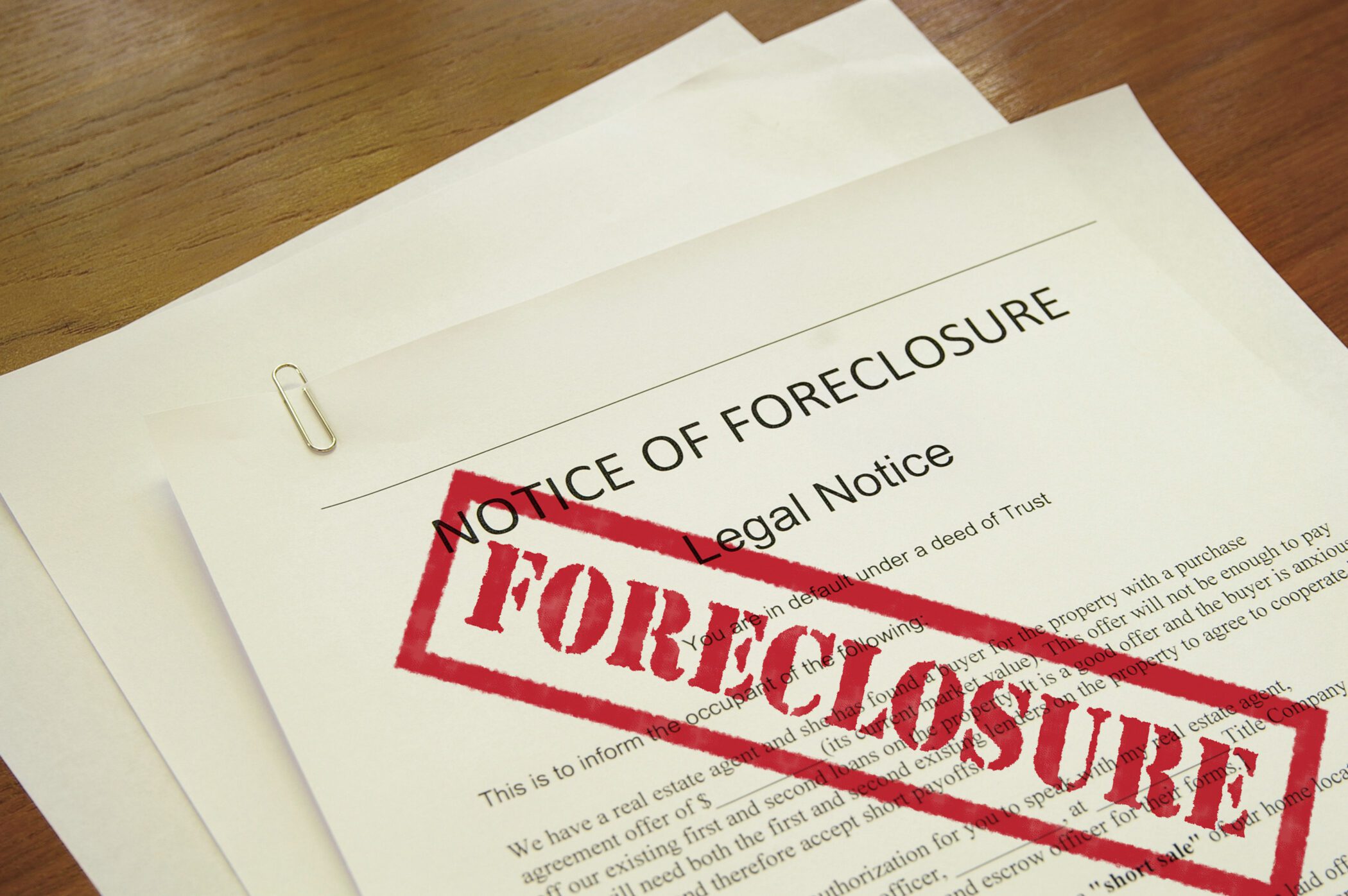Foreclosure is a situation no mortgage holder wants to face. Generally, when a borrower has defaulted on the home loan terms by not keeping up with the scheduled payments, a lender can start foreclosure. Foreclosure is when a mortgage lender starts a legal process through the court system to take ownership and sell an asset (usually a home) to collect the remaining balance on a defaulted loan originally issued to the borrower to purchase that asset.
Understandably, foreclosure is often a stressful situation for a homeowner and their family, and the damage it will do to the borrower’s credit history will take years to repair. With all the phone calls, mailed notices, and mounting missed payments, there are probably times you feel like throwing in the towel. Not so fast! There could still be other options.
Be realistic about your immediate goals. Crunch the numbers. If your family is no longer bringing in the income it was upon purchasing the home, then you need to decide if you can realistically afford to stay in your home. If the financial hardship is expected to be temporary, reach out to the lender to discuss a possible forbearance. In most situations, a forbearance suspends mortgage payments for up to 12 months. However, if there is no foreseeable end to the tighter income, and you don’t see how you can keep your family financially afloat while paying for and maintaining the home, don’t just move away without being upfront about it with your lender. Working with the lender after you decide it is best to give up the home may give you options such as a short sale.
Communicate. As tempting as it may be to avoid meeting or speaking with a creditor, dodging their phone calls and disregarding mailed notices are often the worst you can do in this situation. Be open and upfront. Speak with the lender in general about the financial issues you are facing. If you can demonstrate a good faith effort and a sensible plan to get back on track with payments, most lenders will work with you on refinancing or loan modification. For the most part, lenders do not want to foreclose on a home, but it becomes the only option if they can’t reach or work with the borrower.
Avoid Scams Targeting Struggling Homeowners. A simple online search seeking help with mortgage issues yields countless scams designed to target the vulnerable. Be sure to avoid any 3rd party company that advertises they can rescue you from foreclosure. Most of these companies make empty promises, take your money, and leave you in a more dire financial shape than they found you. These shady companies may pose as a “free” service, but they are set up to get your personal information, possibly steal your identity, and start a whole new string of financial troubles. It IS encouraged, however, to seek advice and guidance from government (HUD) approved agencies or websites.
Bankruptcy. If working out a plan to avoid foreclosure has failed, or if the process is already well along, you may choose to reach out to a bankruptcy lawyer. Filing bankruptcy could pause a foreclosure from going forward. If you are eligible to file, a good bankruptcy attorney can point out the specific state and federal laws that will come into play based on your situation, and which bankruptcy chapter is in your best interest.
Contact the mortgage experts today at Potempo Team. Our professionals are committed to helping clients through each aspect of a home loan. Our web page makes it easy to get pre-qualified for a low-interest mortgage.





